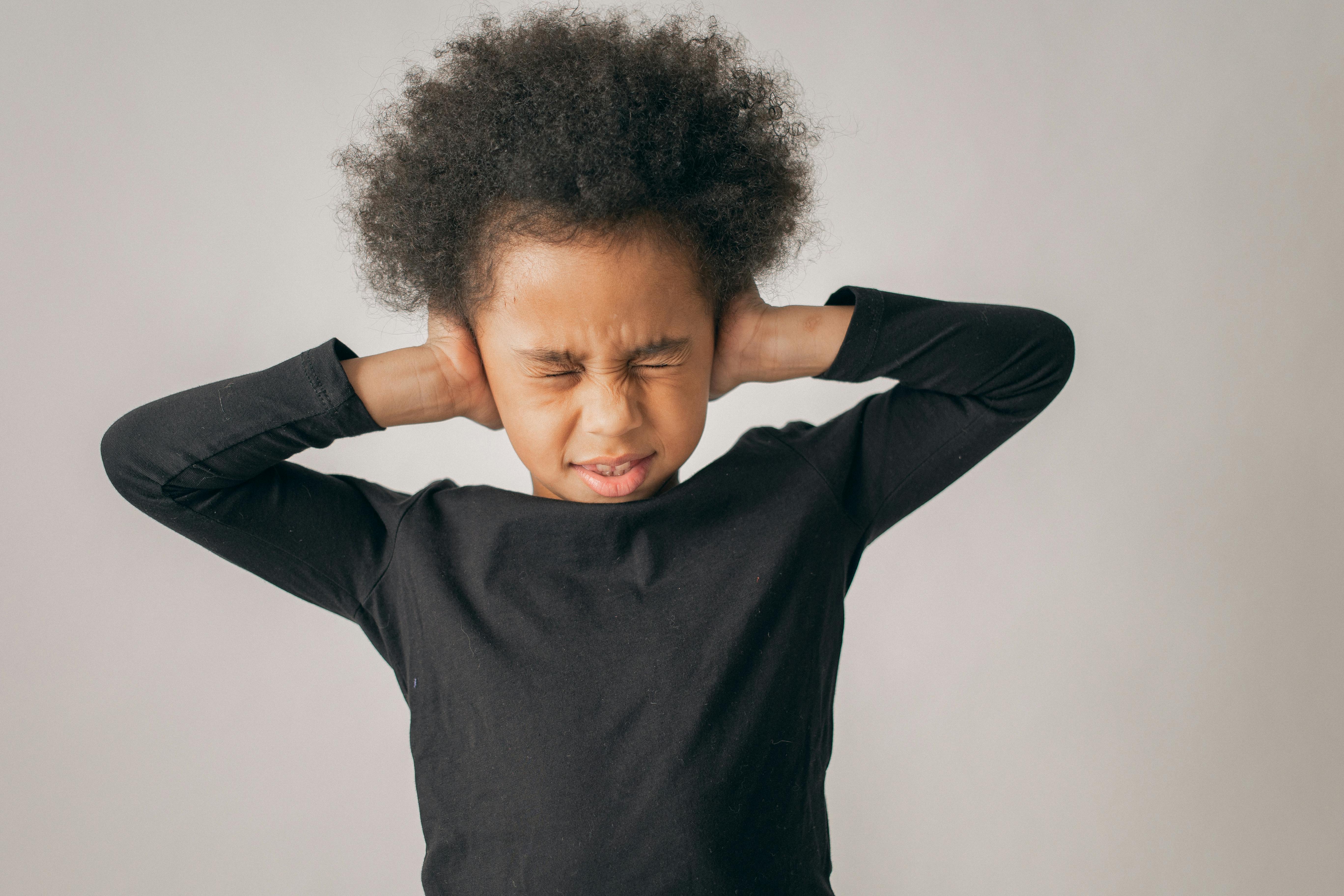Benzodiazepine Withdrawal – Tips for Coping Successfully
While not everyone will experience difficulty tapering off a benzodiazepine (tranquilizer), many are subject to bizarre and adverse symptoms that can be traumatic. The following tips will help anyone preparing to write or already in the process of retiring.
cold turkey:
If you are currently taking a benzodiazepine, do not stop the drug abruptly as this is dangerous and can cause seizures, withdrawal psychosis, and prolonged withdrawal. It is best to withdraw at a comfortable pace determined by you, under the supervision of your physician, and using a taper schedule such as those described in the Ashton Manual.
Unique experiences:
It is best not to anticipate difficult withdrawal as each individual’s experience is unique and not everyone is subject to severe and prolonged symptoms. Focusing primarily on negative accounts and anticipating the worst can intensify your anxiety and make it harder to recover.
Support system:
Having a trusted support base of at least a few family members or friends to provide emotional and practical support will make a world of difference. Don’t hesitate to ask for help if you need it. If you are isolated, try to get support from the online forum of those who can relate to your experience. Even talking to a helpline worker is better than trying to go it alone; sharing your concerns can be therapeutic.
Affirmations/Positive Self Talk:
This is a powerful strategy for coping with worrying thoughts. Instead of focusing on symptoms and intensifying your anxiety, you can use positive affirmations like “I am grateful for my healing” or “Every day in every way, I am getting better and better” to create a positive shift in energy. Try to stay mindful and when you notice negative self talk just gently tell yourself to ‘stop’ (without judging) and switch to a positive affirmation.
Breathing:
Finding at least one breathing technique that works positively for you is key. An easy way to create a rhythm is to focus on your breath as you breathe in and out slowly. There are many highly recommended techniques, including diaphragmatic breathing. Once you find one that works well for you, feels natural and not forced, use it to your advantage.
Self care:
This is a time to indulge yourself, so don’t feel guilty if all you feel like doing is curling up on the couch with a good book or movie. Enjoy distracting yourself with online games, stay mentally stimulated with puzzles, watch funny YouTube videos, try watercolor painting, listen to uplifting music and do all the leisure activities you didn’t have time for when life was busy. Avoid stressful situations, emotionally draining people, and remember that it’s okay to say ‘no’. Those who really care will understand and once you are well again you will be able to engage and give more of yourself.
Diet changes:
During withdrawal, the nervous system may be in a constant state of hyperexcitability. Some find it necessary to monitor and modify their diets to minimize gastric upset and other symptoms. Eating small, frequent, simple, low-glycemic meals, avoiding caffeine, alcohol, sugar/sweeteners, monosodium glutamate (MSG), and processed ready meals help. It’s also important to stay hydrated by drinking adequate amounts of water throughout the day.
Alcohol:
Alcohol acts on the same receptors in the brain as benzodiazepines (GABA). Having even a minuscule amount during withdrawal is known to exacerbate symptoms, as it interferes with the upregulation or healing of receptors. If you have unpleasant symptoms and continue to drink alcohol, try skipping it for a while and see if your condition improves. This is important; Those who use alcohol during withdrawal should never be surprised if the symptoms last a long time and are intense.
Exercise:
Implementing a vigorous exercise routine can sometimes worsen symptoms, so a gentle routine with a gradual increase is recommended. Conversely, well-tolerated exercise can be very beneficial during withdrawal; your body will let you know your limits. Even a short walk outside or a simple yoga routine to keep the energy flowing should make a positive difference.
Complementary therapies:
The reported benefits of massage, osteopathy, chiropractic care, reflexology, and other complementary therapies during withdrawal are mixed. In cases of extreme sensitivity they can cause outbreaks of symptoms and it is good to be aware of this. If you have an unwanted reaction, a gentle approach might be an option until you are well enough to enjoy deeper stimulation.
Supplements:
Vitamins and other supplements cause negative reactions in some people, while others have found that they seem to help. One person might proudly announce that a particular supplement was a miracle cure or somehow speeded up healing, and when someone else tries it, the result is unpleasant. It’s a matter of watch and exclude: If you’re having a withdrawal problem while taking supplements, try skipping them to see if your symptoms improve.
Sleep:
When sleep is interrupted during withdrawal, it can take time for the normal pattern to resume. If you’ve already eliminated the usual culprits like caffeine, alcohol, uncomfortable room temperature, TV in the room, late news/brain stimulation, loud noises, bright lights, etc., you can try sleep CDs, breathing exercises and other relaxation techniques. However, during acute withdrawal, nothing may work. Non-resistance will minimize your anxiety and deep relaxation and rest may be the only options. Eventually, you will sleep for a few hours at a time and this will increase until you end up having a much better quality and deep night’s sleep than when you were on the medication.
Acceptance:
The most important tool in coping with withdrawal is acceptance of the symptoms. If you can assume the role of an ‘impartial observer’ and recognize that the symptoms are temporary and a necessary path to recovery, you may not feel inclined to fight them. The more you resist, the more power you give the symptoms, and they will end up having a much stronger influence than necessary on your experience. Acceptance is the key to an easier recovery journey.
